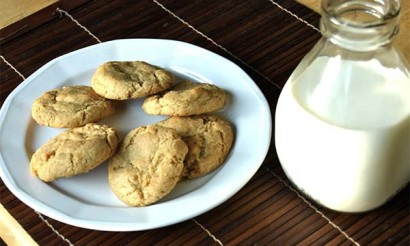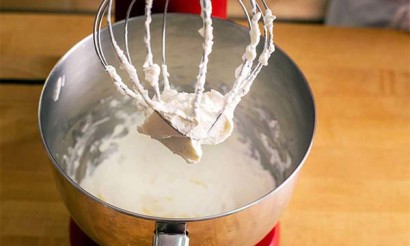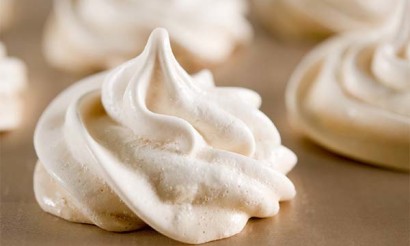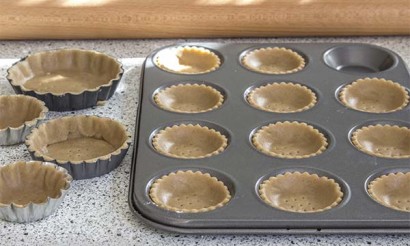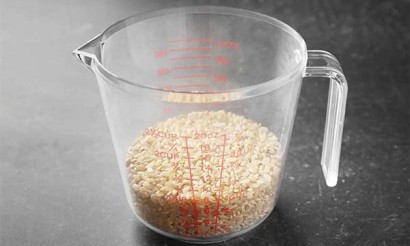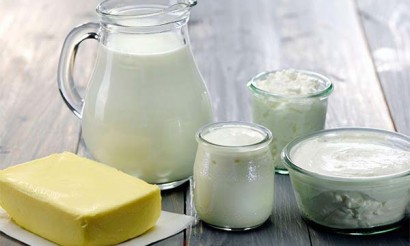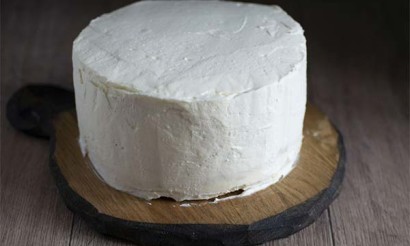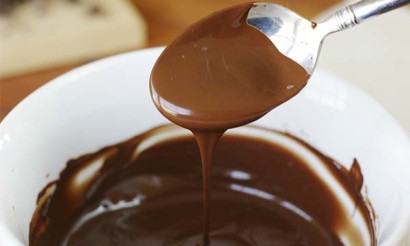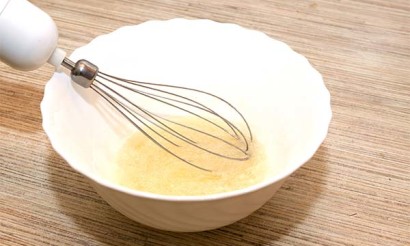How do you know if a cucumber has gone bad? Shelf life and conditions
Cucumbers are many people's favorite vegetables. Fresh, pickled, salted - these crunchy greens are delicious, low in calories, and appetizing. They contain a lot of vitamins, minerals. But like any other vegetable, cucumbers can go bad. And consuming such products in food is not allowed! This article will consider the signs of spoilage of cucumbers and the rules of their storage.
Signs of spoiled cucumbers
As for fresh cucumbers, it is a perishable product. Pickles and marinades have a long shelf life, if during their preparation the technology was not violated, and the correct proportions were observed. But they can also go bad.
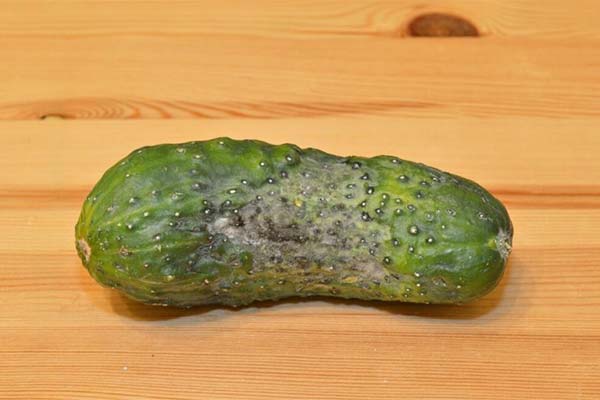
Fresh
Spoiled fresh pickles can be identified by the following signs:
- Change of color from dark green to yellowish, later it becomes whitish.
- The appearance of an unpleasant odor.
- Change in structure - from firm and dense, the cucumber turns into a sticky, slimy, mushy mass.
Fresh cucumber begins to spoil at the end. If you see signs of spoilage in time, you can simply cut off the ends and peel off the skin. The peeled greens should be rinsed and used immediately in food.
Pickled
Spoiled pickles are covered with moldy growth, the brine becomes cloudy. Later they become soft, unpleasant in appearance, acquire a mushy consistency.
Pickled
Pickled gherkins are spoiled if:
- the metal lid on the jar is bloated;
- Small bubbles are observed in the container;
- Brine becomes cloudy in color.
If the cucumbers taste normal, but the brine began to cloudy, they can be washed and used for food. It is better to subject the greens to heat treatment. In other cases you can not eat gherkins!
Can you be poisoned by tainted cucumbers?
Of course you can! Especially if they are pickles or marinades. Food intoxication is provoked by E. coli, salmonella, and even botulism bacteria.
Symptoms and First Aid for Poisoning
After eating tainted cucumbers, the pathogenic bacteria get into the intestinal mucosa. Within a few hours, they produce toxins that poison the body. Depending on the amount eaten, symptoms of poisoning are observed:
- painful abdominal sensations of a cramping type;
- nausea;
- vomiting;
- diarrhea.
Severe food poisoning is accompanied by weakness, uncontrollable vomiting, watery diarrhea and fever. Without treatment, the person becomes dehydrated. In such a case, be sure to call a doctor!
At the first sign of symptoms, you should flush the stomach by drinking 4 liters of water with dissolved salt. After vomiting, you need to take absorbents - Smecta, polysorb. Next - rest and plenty of drinking to replenish fluids in the body.
How to store cucumbers correctly
Terms and conditions of storage of cucumbers depend on their type. Fresh vegetables can not be stored for a long time. Therefore, cucumbers are salted or pickled to preserve them.
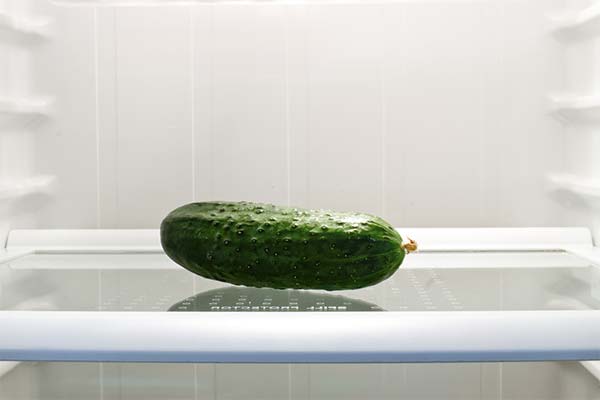
Fresh
Fresh cucumbers are stored in a refrigerator drawer designed for vegetables. After 5-7 days, the firmness of the greens is lost.
Fresh cucumbers can be kept in a cardboard box for 10 days if the room temperature is plus 6-8 degrees.
Pickled
Pickled cucumbers are stored in barrels, buckets in a cool cellar, where the air temperature does not exceed 0 ... +2 ° C. They must be covered with brine.
You can also store pickles in glass jars, closed with plastic lids in the refrigerator. Pickled gherkins have a shelf life of no more than 4 months.
Pickled
Pickled jars are stored in a dark, cool - no more than plus 2 degrees. Hermetically sealed container with cucumbers stored for about a year. After opening the contents of the jar should be eaten in 15 days. Store it in the refrigerator.
«Important: All information on this site is provided for informational purposes only. for informational purposes only. Please consult with your health care professional before using any of the recommendations. specialist before using any of the recommendations. Neither the editors nor the authors shall be liable for any possible harm caused by materials."

